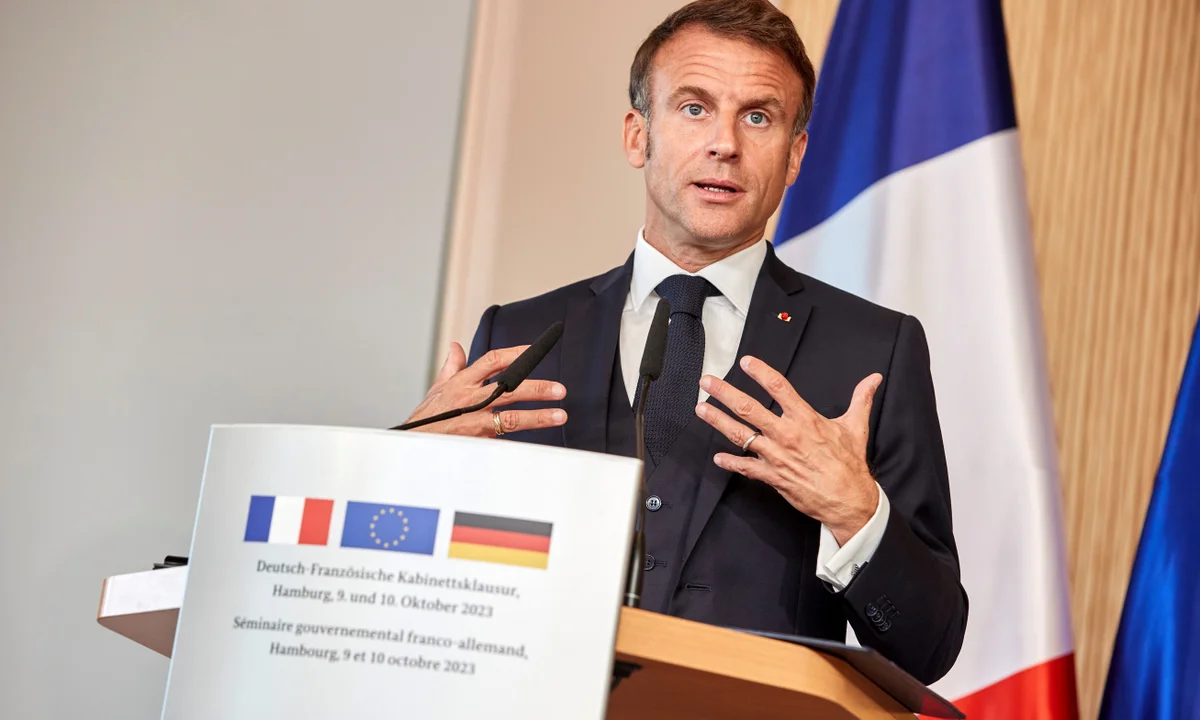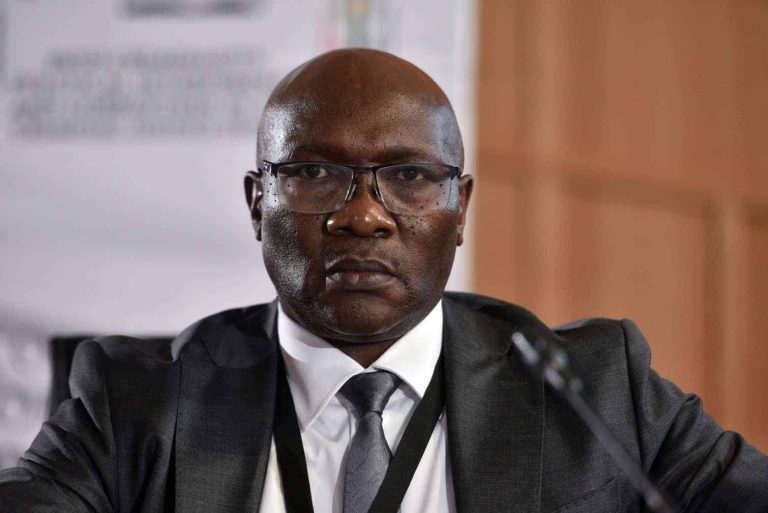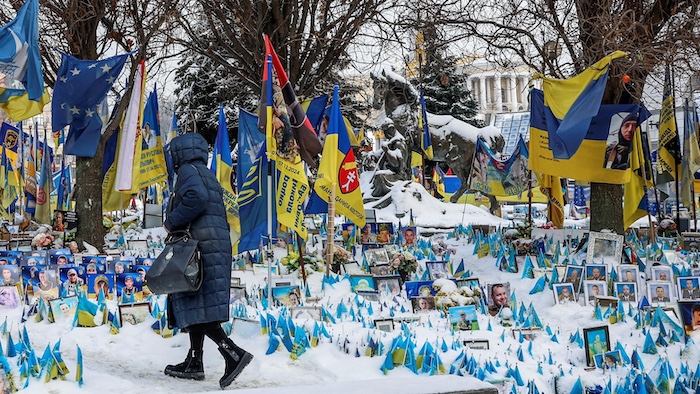
French President Emmanuel Macron is set to name a new prime minister within the next 48 hours, his office announced on Wednesday, amid mounting political turmoil and widespread opposition to calls for a snap parliamentary election.
The development follows the resignation of Sebastien Lecornu—France’s fifth prime minister in just two years—who stepped down on Monday, mere hours after unveiling his cabinet. His administration is now recorded as the shortest-lived in modern French history.
Despite stepping down, Lecornu has continued to hold consultations with political leaders across the spectrum—from the centre-left to the centre-right—at Macron’s request, in a last-ditch effort to stabilise the government.
According to a statement from the Elysee Palace, Lecornu’s discussions revealed that “a majority of deputies oppose dissolution (of parliament); a platform for stability exists; a path is possible to adopt a budget by December 31.” On this basis, the statement added, Macron will proceed with appointing a new premier “within the next 48 hours.”
Lecornu’s resignation came after opposition lawmakers—and even some within Macron’s camp—threatened to pass a no-confidence motion against his government. The move underscored the political fragility of France’s hung parliament, where no single bloc holds a majority and policy gridlock has become routine.
Speaking on France 2 TV, Lecornu said he believed “a path is still possible” to secure the 2026 budget and bring financial stability to the eurozone’s second-largest economy. While acknowledging that finding consensus “won’t be easy,” he suggested that the immediate risk of a snap election was diminishing.
“I told the President of the Republic that I believe the situation allows for him to appoint a prime minister in the next 48 hours,” Lecornu said.
Macron, who has faced intensifying calls to resign or dissolve parliament from both far-right and far-left parties, has seen his leadership tested as never before. Marine Le Pen of the far-right National Rally (RN) dismissed the president’s moves as a “delaying tactic,” while hard-left leader Jean-Luc Mélenchon renewed his demand for Macron to step down altogether.
Meanwhile, the centre-left bloc, represented by Socialist Party chief Olivier Faure and Greens leader Marine Tondelier, has expressed readiness to form the next government. They are pushing for policies including a 2% wealth tax on France’s richest citizens and the reversal of Macron’s controversial pension reforms—proposals that resonate with the public but alienate conservatives.
Amid the uncertainty, financial markets showed a slight rebound on Wednesday, with the CAC 40 index rising 1.1%, as investors welcomed Lecornu’s hints at political stability. Nonetheless, France remains one of Europe’s economic laggards in 2025, with analysts warning that the prolonged deadlock could further strain the country’s budget deficit and investor confidence.
As France awaits Macron’s next move, attention now turns to who will emerge as the country’s next prime minister—one tasked with not only navigating a fragmented parliament but also restoring faith in France’s ability to govern itself amid its most severe political crisis in decades.
Melissa Enoch



